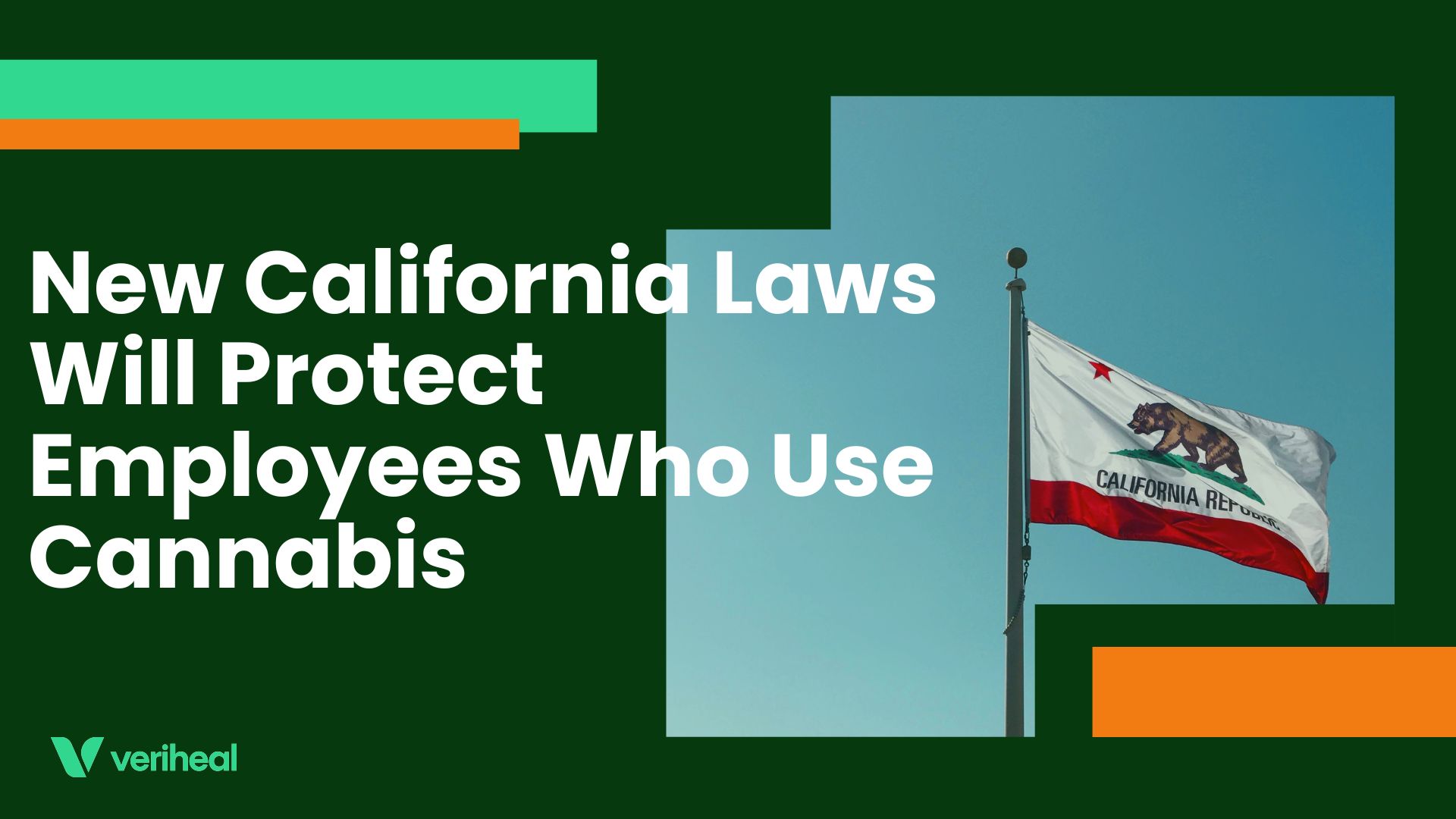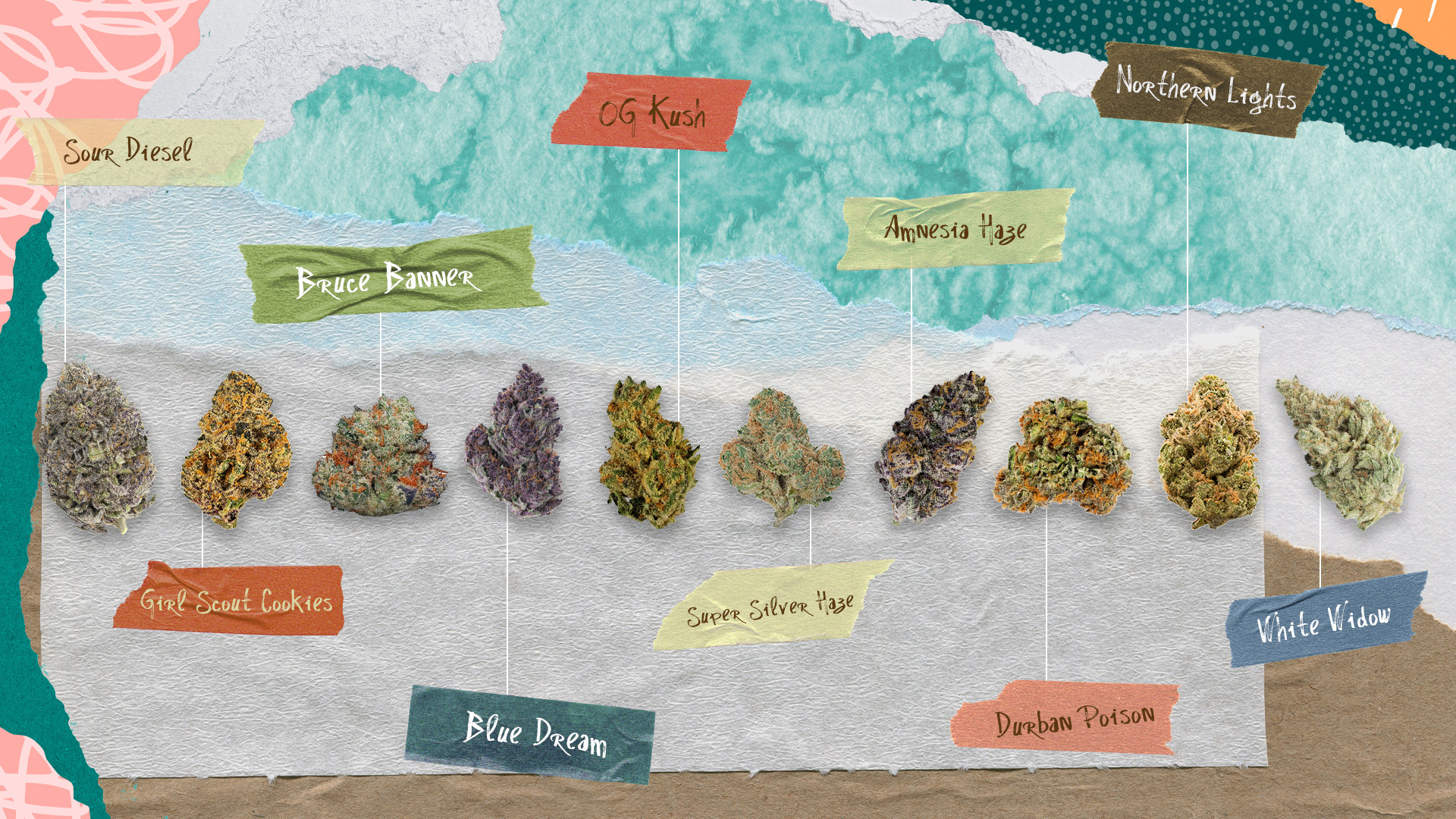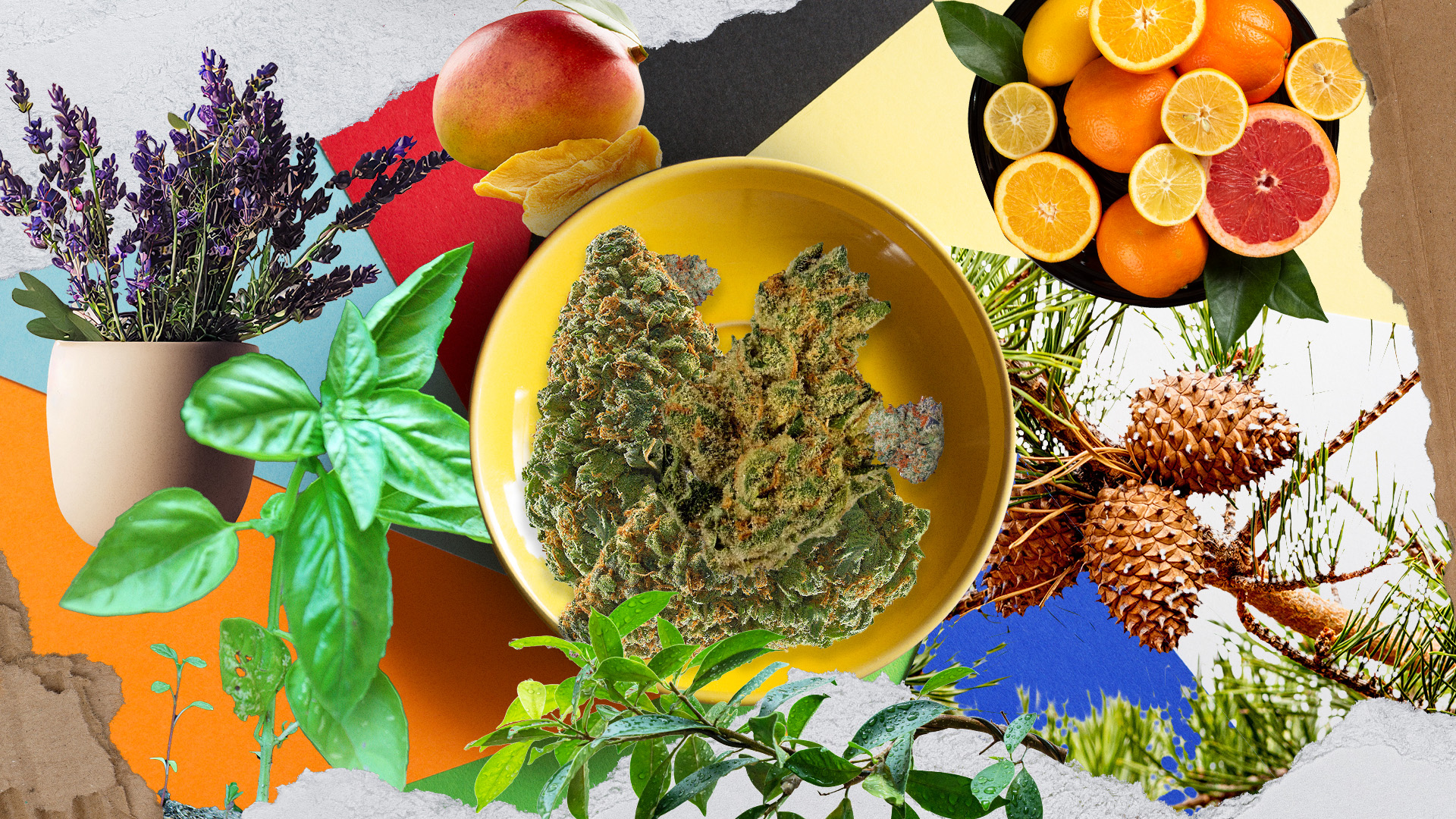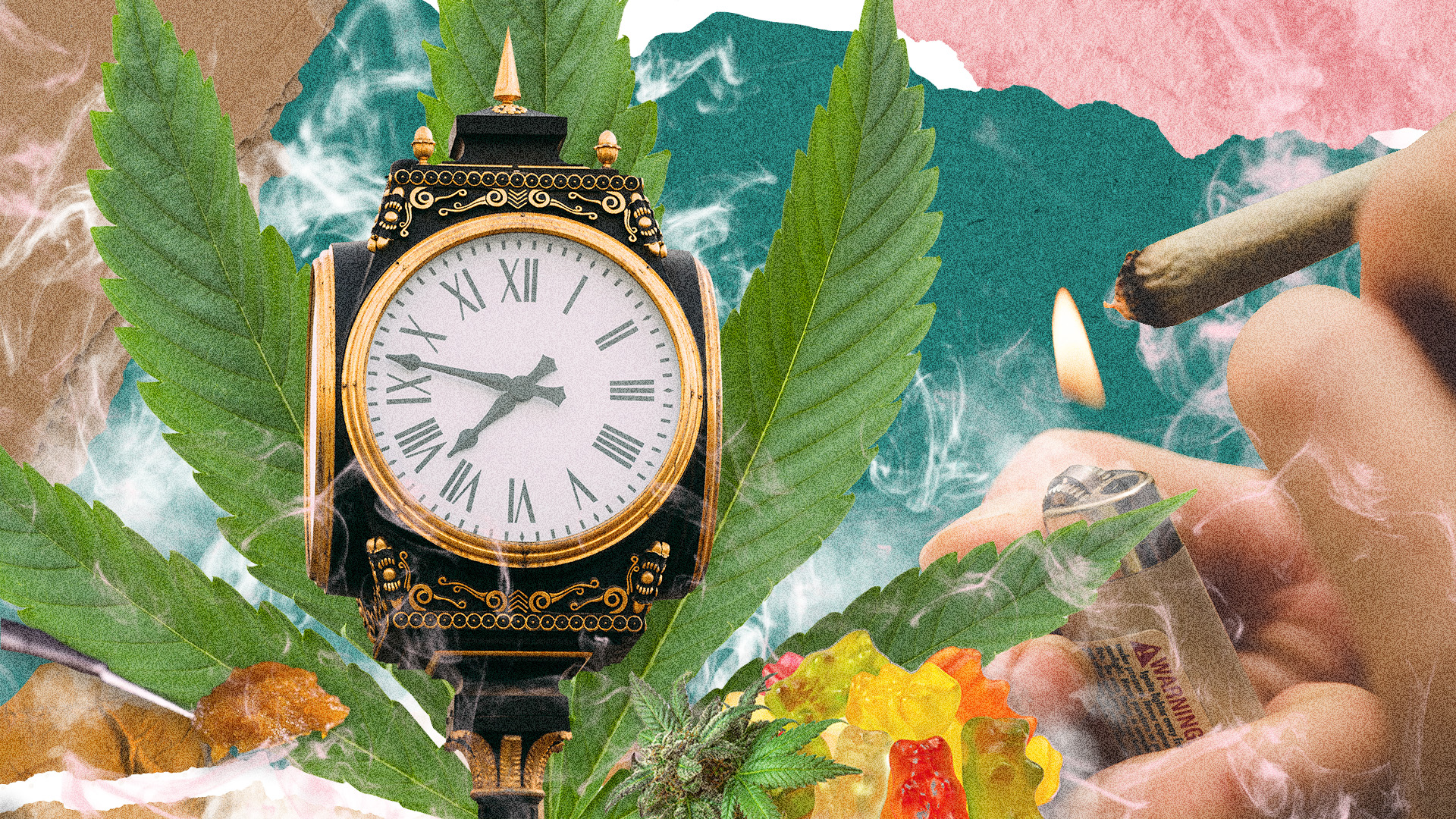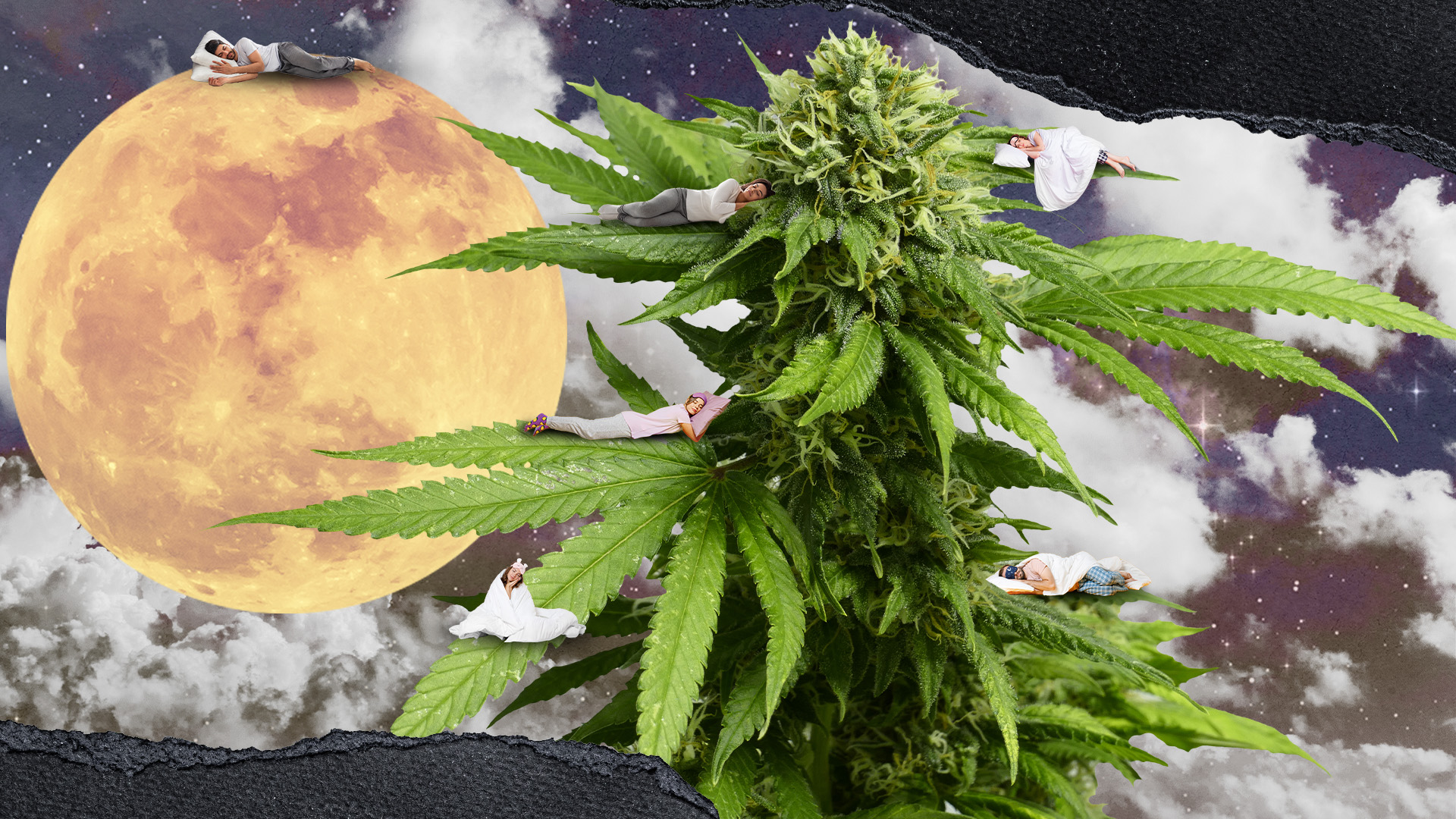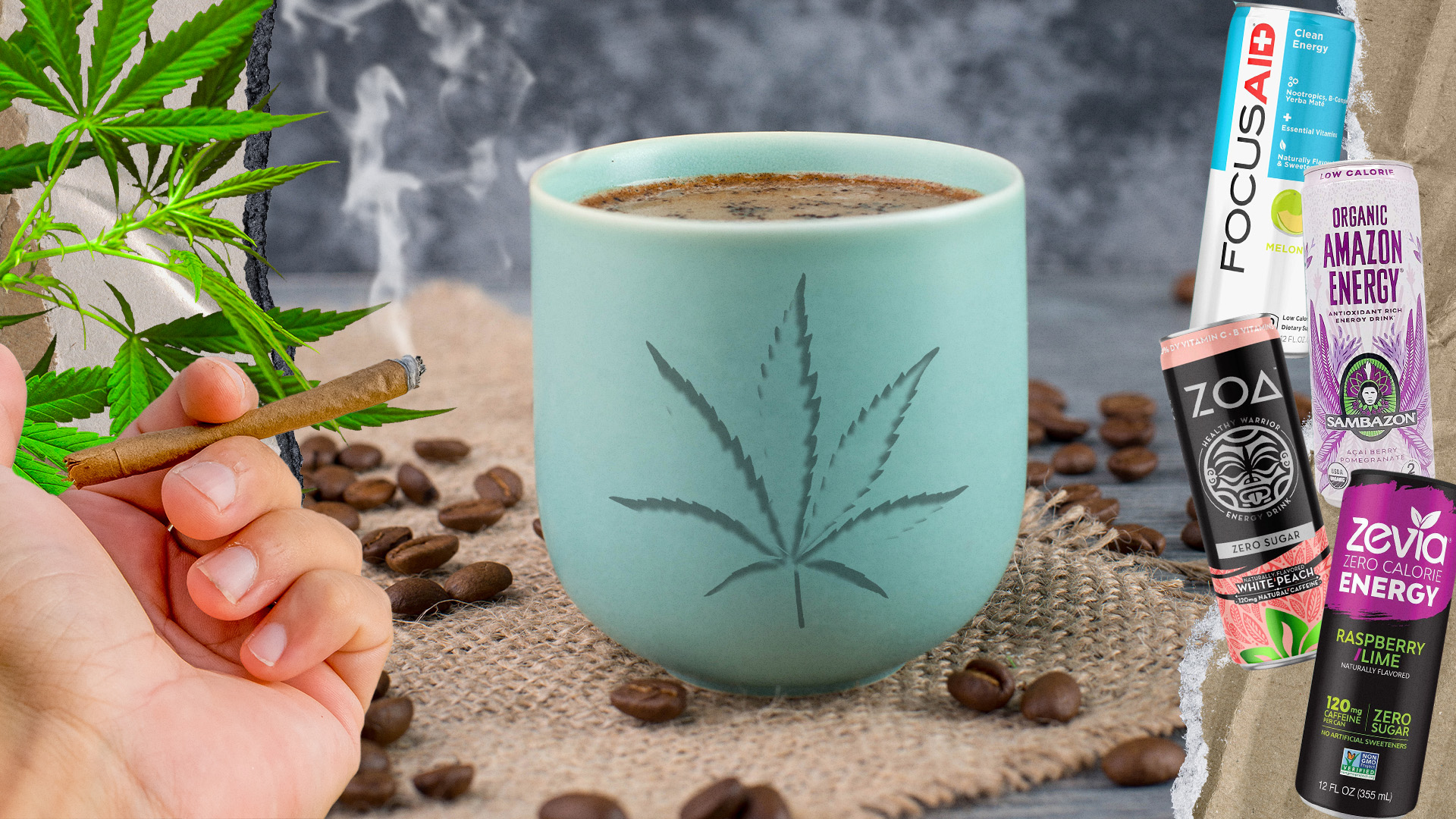California has been a pioneer in forward-thinking marijuana laws for more than two decades. In 1996, they were the first state to legalize medical marijuana, followed by the legalization of recreational cannabis in 2016.
Despite California laws, employees have still been at risk of discrimination for using cannabis in their off-hours. A new bill called AB 2188 seeks to change this and prevent employers from not hiring or terminating someone for their marijuana use away from work.
Understanding The New Laws
After more than 25 years of legal cannabis in California, employees who use cannabis for recreational or medicinal purposes will no longer have to stress about drug testing. Pre-employment screens indicating marijuana consumption will not lead to consequences for potential employees. Employers are also forbidden from asking about prior cannabis use.
In the past, California laws have upheld the rights of employers to fire workers for cannabis use, even if a doctor approved it. Fortunately, this is going to change. Authorities will now treat cannabis like other prescription medications that do not disqualify individuals from employment.
Employers who perform pre-employment drug screens will gradually make the switch to tests that don’t look for cannabis metabolites, keeping people’s marijuana use private.
Why You Should Get Your Medical Marijuana Card
Veriheal has satisfied millions of patients nationwide by giving them access to these benefits
- Larger purchase limits
- Peace of mind
- Enhanced legal protection
- Access to higher potency strains
- Save up to 25% on cannabis purchases
- Skip the line at the dispensary
When Does It Go Into Effect?
The new law was first signed in October 2022 by Governor Gavin Newsom. It will go into effect on January 1, 2024. This year, lawmakers made a slight alteration to the law, preventing employers from inquiring about workers’ off-the-clock cannabis consumption.
Exceptions To California Law AB 2188
There are a few key exceptions to the new cannabis use protection law. The most crucial is that workers who consume cannabis while on the clock are still able to be terminated for drug use. Additionally, employers can continue enforcing drug-free workplace policies. Employers may subject on-the-job employees suspected of cannabis use to a drug test specifically designed to detect psychoactive levels that could indicate impairment.
People who work in construction or operate heavy machinery like trucks, trains, planes, or shipping boats are also exempt from the new law. Federal government employees may still be subject to pre-employment drug screens that check for cannabis as well.
Conclusion
This new California law could set a precedent for other states around the country that have legalized medicinal or recreational cannabis use. Employment prospects for medicinal marijuana users will no longer be a cause for concern. This may potentially contribute to a small increase in employment rates throughout the state.
For many people, cannabis is medicine. AB 2188 will help uphold this belief. It is a vital step in moving away from long-held stigmas around marijuana use that still plague society.
To learn more about medical marijuana, contact our doctors today.
Author, Share & Comments











